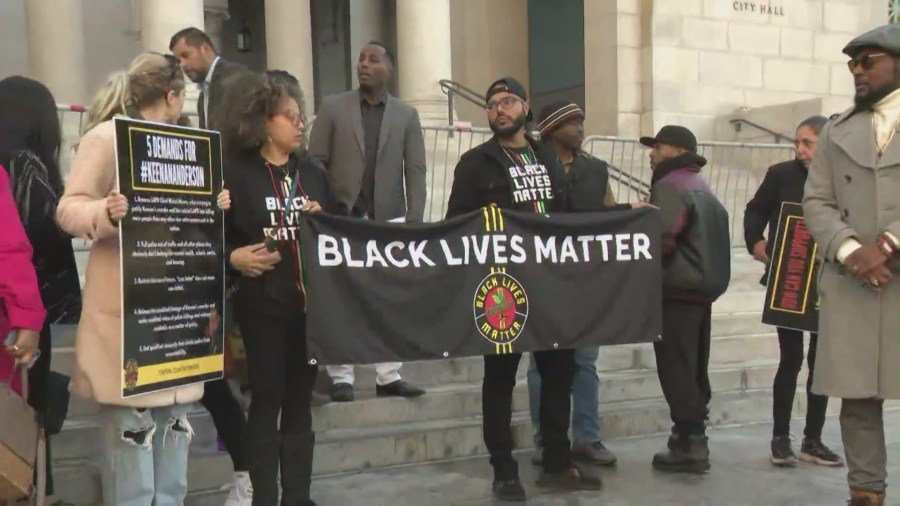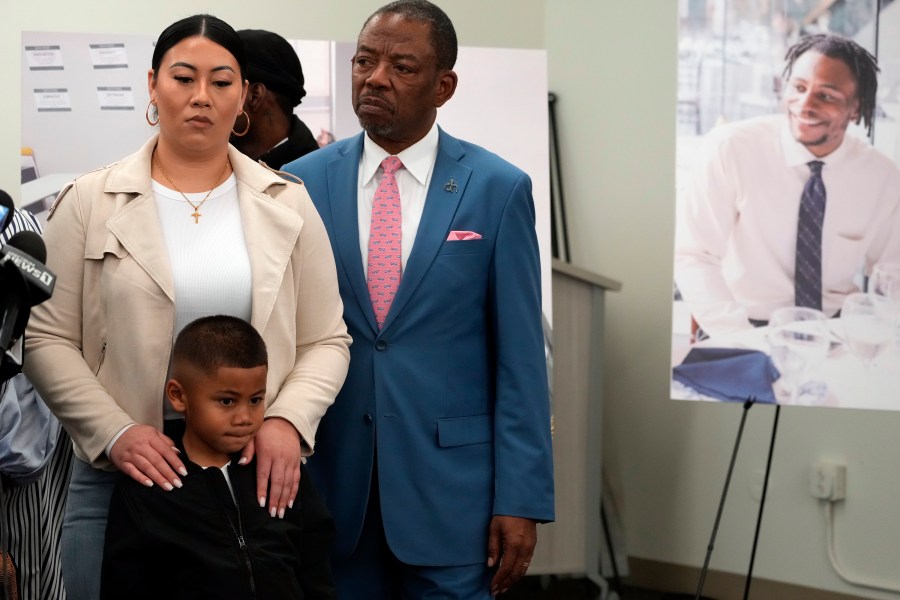A man who died after police used a stun gun on him during his arrest in Venice was killed by an enlarged heart and cocaine use, the Los Angeles County Department of Medical Examiner-Coroner said Friday.
Keenan Darnell Anderson, 31, died on Jan. 3 after police responded to a traffic crash and found Anderson exhibiting what they described as “erratic behavior.”
Los Angeles Police Department officers used a stun gun on Anderson several times after they claim he was initially compliant, but then fled officers and resisted when he was captured.
He went into cardiac arrest and died at a hospital, police said.
While the coroner attributed the death of the father and high school teacher to cocaine use and an enlarged heart (also known as cardiomyopathy), officials noted that “the manner of death is undetermined.”

Anderson’s death renewed criticism of the LAPD, and in the days following Anderson’s death, his cousin, Black Lives Matter cofounder Patrisse Cullors, joined family and friends to protest outside Los Angeles City Hall.
Earlier this year, Anderson’s family sued the LAPD for $50 million.

Once the results of the autopsy were publicized, the LAPD released a statement saying the investigation into the officers’ use of force continues.
A decision on the “necessity and appropriateness of both force and tactics used” is expected in August, the statement said.
“The Department’s guiding principle in all encounters is Reverence for Human Life, and no loss of life is ever taken lightly for us as a Department or in the communities we serve,” the statement said. “We extend our condolences to the Anderson family as they continue to grieve and process this new information.”
Los Angeles Karen Bass also expressed sympathy for Anderson’s family, noting that he “was loved and he is missed” in a statement.
“My thoughts are with his friends and family as I know the release of this report will cause them and many Angelenos great pain as they still mourn this loss … The coroner raises questions that still must be answered and I await the result of the investigation already underway. I know that in this time of pain it sometimes feels like there is no hope, but we must turn the pain into concrete, substantive change – and we will,” she said.












